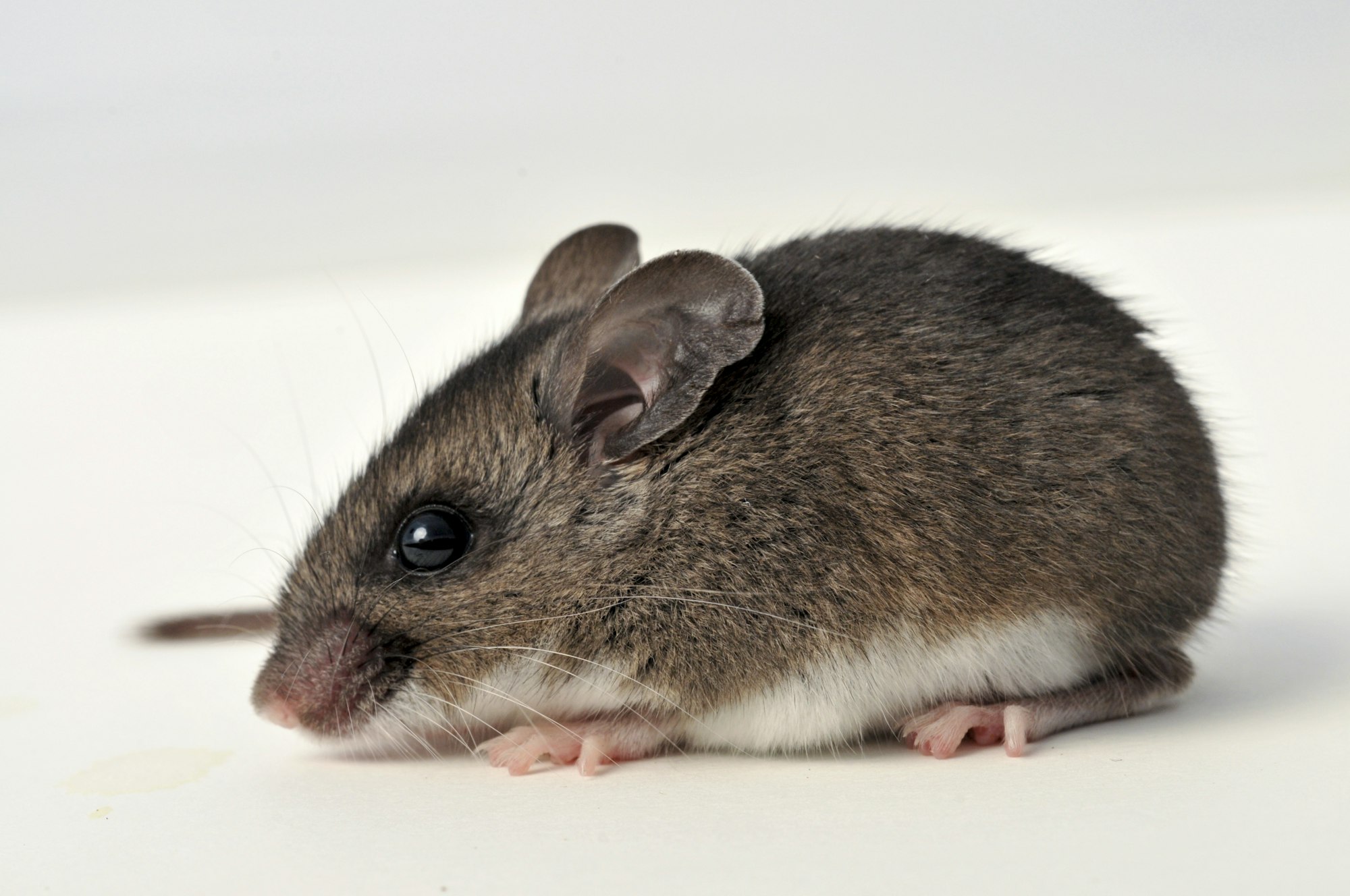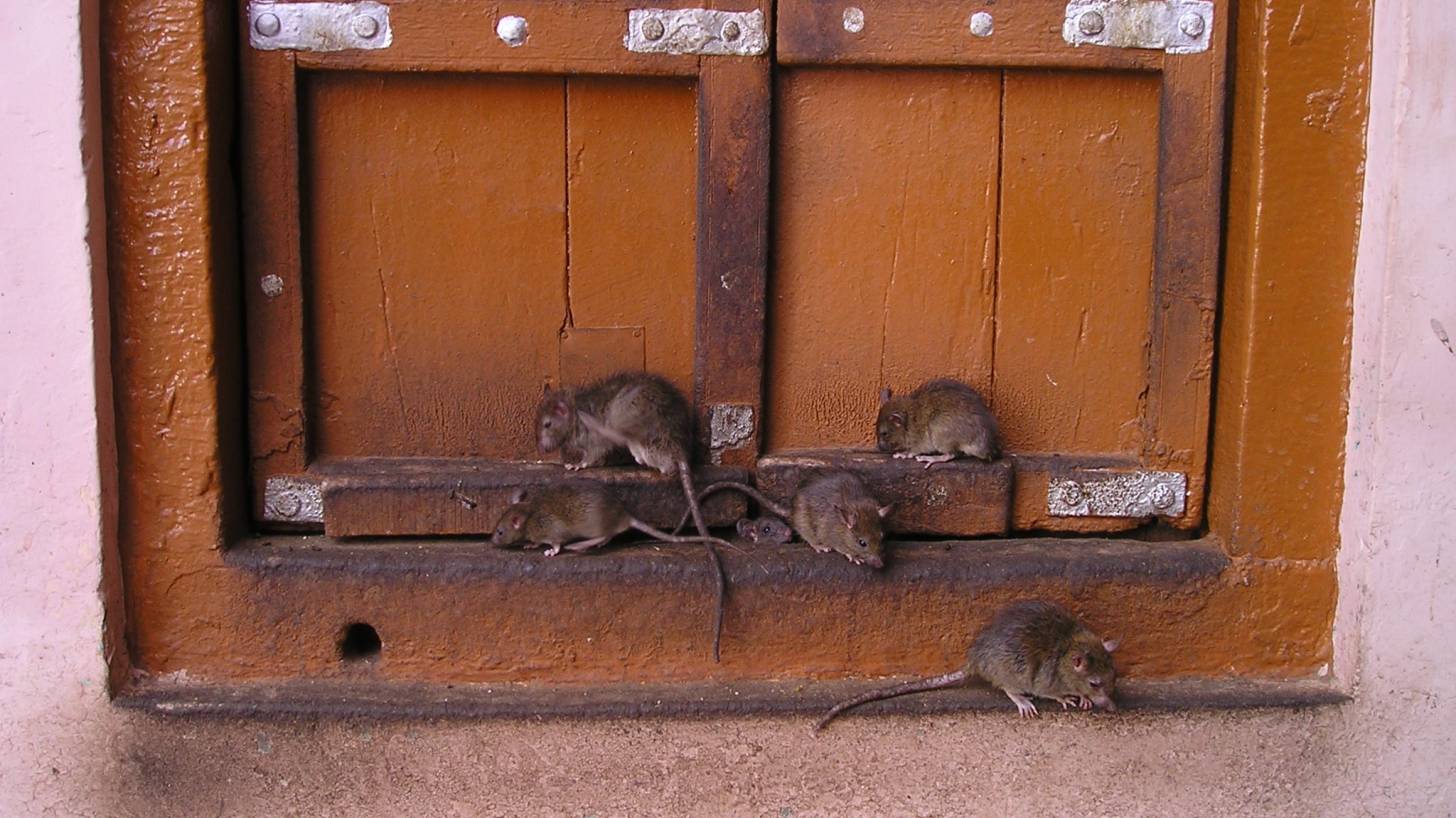After confirming what appears to be the county’s first human case of hantavirus, Riverside County Public Health is urging people who visit remote areas to exercise caution.
According to a press release, the rare virus is typically found in remote wilderness areas and affects humans in areas where deer mouse droppings are left behind, such as cabins and rest areas.According to a press release, health officials believe the individual was exposed to deer mouse droppings or urine containing hantavirus while in the Whitewater area. The patient was hospitalised briefly and is now recovering at home.
The virus cannot be passed from person to person.”The confirmation of this case highlights the importance of key safety practises when coming into contact with animals and the bacteria and viruses they may bring with them and leave behind,” said Dr. Jennifer Chevinsky, deputy public health officer, in a statement.According to the county, the most common way for people to become infected is by breathing in small particles of mouse urine or droppings.

According to the CDC, illness begins one to six weeks after exposure and symptoms include fatigue, fever, and muscle aches, with some people also experiencing headaches, dizziness, chills, and abdominal problems. Infected people may have difficulty breathing, which can be fatal in some cases. There are, however, steps that can be taken to reduce exposure.Riverside County Public Health recommends the following:Inspect and clean rooms and cabins, keep deer mice and other rodents out of buildings, and keep good housekeeping and sanitation standards.Seal up holes inside and outside the house to keep rodents out.
Trap rodents around the house to help reduce the rodent population.Get rid of rodent food sources and nesting sites.Store food in tightly sealed containers away from rodents.Avoid areas where wild rodents are likely to have been present, especially indoors.Open the windows in your sleeping or living areas for at least two hours before entering.Try not to kick up any dust.Wear plastic gloves and spray rodent droppings and urine-contaminated areas with a 10% bleach solution or other household disinfectants, then wait at least 15 minutes before cleaning the area. Place waste in two tightly sealed plastic bags.

After that, thoroughly wash your hands.Wear gloves when handling dead rodents and avoid touching or handling live rodents. Disinfect dead rodents and dispose of them in the same manner as droppings. After that, thoroughly wash your hands. According to Riverside County health officials, while the virus has previously been discovered during rodent and animal dropping surveillance, this may be the first confirmed human case.The hantavirus was discovered in the United States in 1993. Since then, there have been 90 confirmed cases in California.
______
Hantavirus | Don’t forget to follow us on Twitter @njtimesofficial. To get the latest updates





